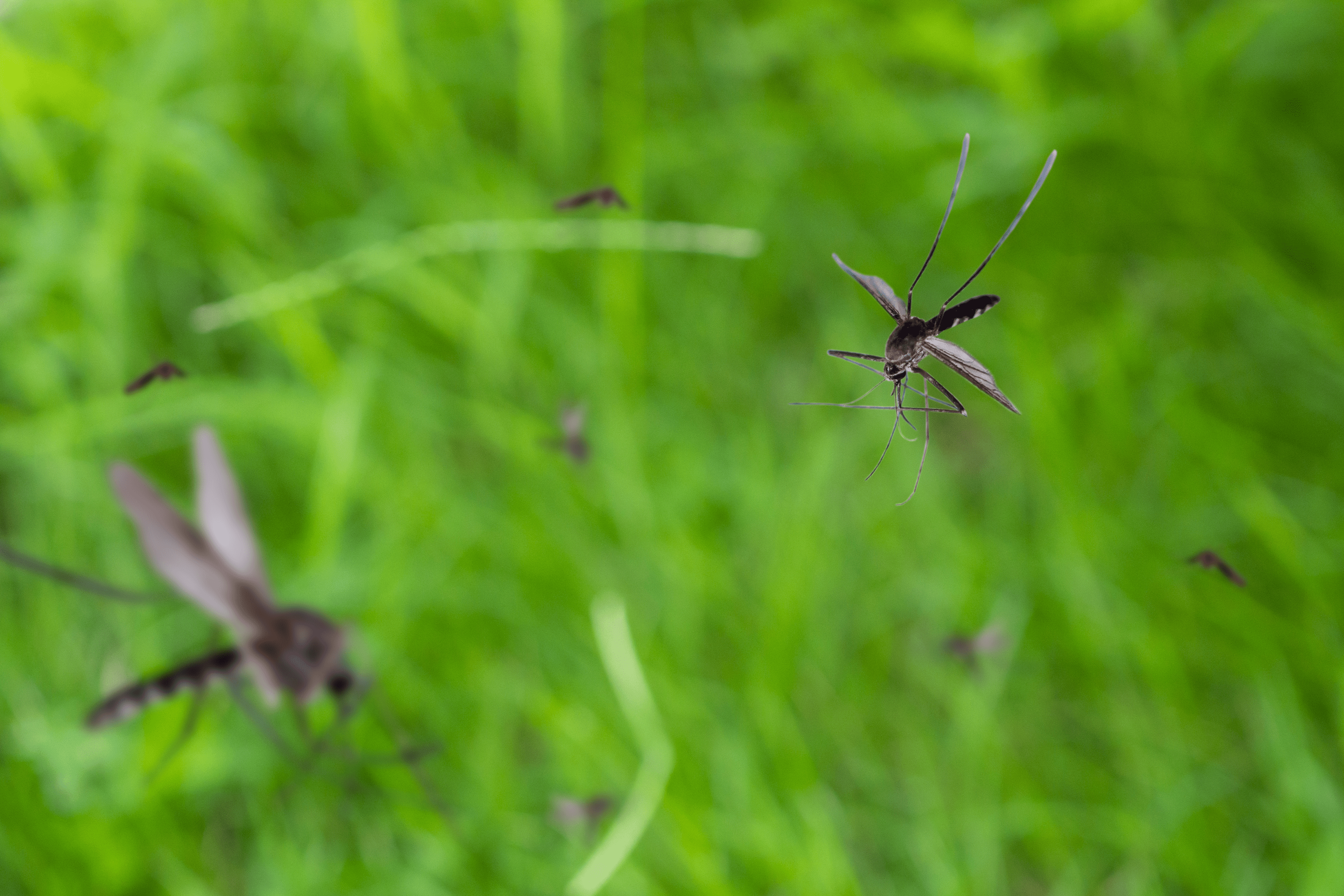Key Takeaways
- Northern cities like Detroit and Cleveland rose in the rankings, likely due to warmer temps and standing water.
- Mosquito bites aren't just a nuisance—they spread diseases, which is why prevention is important.
- Orkin's BITE tips—cover up, use screens, trim plants, and remove water—help reduce bites and protect health.
With the warmer weather comes the return of patio season, and pesky mosquitoes aren’t far behind. So, before planning your first al fresco summer dinner, it’s worth checking Orkin’s latest Top 50 Mosquito Cities report if you want to avoid any incessant itching.
This year, the most five affected metros remain largely unchanged. If you live in one of the top 10 (or any of the cities, for that matter), now’s the time to take extra precautions. Here’s what to know to stay especially diligent and go all season bite-free.
Top 10 Mosquito-Ridden Cities
Orkin compiled its mosquito rankings by analyzing the number of residential mosquito treatments performed in each city from April 2024 through March 2025.
Last year, the top five cities included Los Angeles, New York, Chicago, Dallas, and Atlanta, in that order. Los Angeles has held that top spot for several years, but some smaller metro areas have somewhat-surprisingly made their way into the top 10. Here’s how the list shakes out for 2025 and whether the cities have moved up or down:
- Los Angeles
- Chicago (+1)
- New York (-1)
- Atlanta (+1)
- Detroit (+5)
- Houston
- Dallas (-3)
- Washington, D.C. (-1)
- Cleveland (+10)
- Denver (+6)
Detroit, Denver, and Cleveland moved up significantly in the rankings, marking the first time they have hit top spots—though Detroit did come in at No. 10 last year. The warming temperatures in the North could be to blame: Higher temps and being close to large bodies of standing water are risk factors for increased mosquito activity, according to Orkin.
Flint, Michigan, and Cedar Rapids, Iowa, are among cities making their debut, entering the top 50 for the first time this year.
Importance of Mosquito Control
It’s common to view mosquito bites as a minor inconvenience, but they're considered a significant health threat around the world. According to the Centers for Disease Control and Prevention (CDC), mosquitoes are responsible for over 600,000 deaths from malaria annually. Other common yet dangerous mosquito-borne diseases include West Nile virus, Eastern Equine Encephalitis, and Zika virus.
“Mosquito control isn’t just about avoiding itchy bites,” said Orkin entomologist Frank Meek. “It’s about safeguarding your health and your community. Proactive measures are key to controlling these seasonal surges in mosquito activity.”
How to Prevent Mosquitoes in Your Yard
You've likely heard of dozens of hacks to repel mosquitoes, from citronella candles to coffee grounds—but mosquito protection can be somewhat simple. Orkin recommends taking basic preventative measures for mosquito control, which you can remember with the BITE mnemonic device:
- Block access to skin by wearing long sleeves, pants, and repellents when around mosquitoes.
- Install fitted screens on windows and doors to prevent mosquitoes from getting inside.
- Trim overgrown yard vegetation to reduce mosquito resting areas.
- Eliminate all standing water, which is a common mosquito breeding ground.
This summer, Orkin launched the Mosquitoes Don’t Deserve a Drop campaign, which will donate up to $250,000 to the American Red Cross based on new mosquito control services. Find the report in its entirety and learn more about this initiative at orkin.com.



